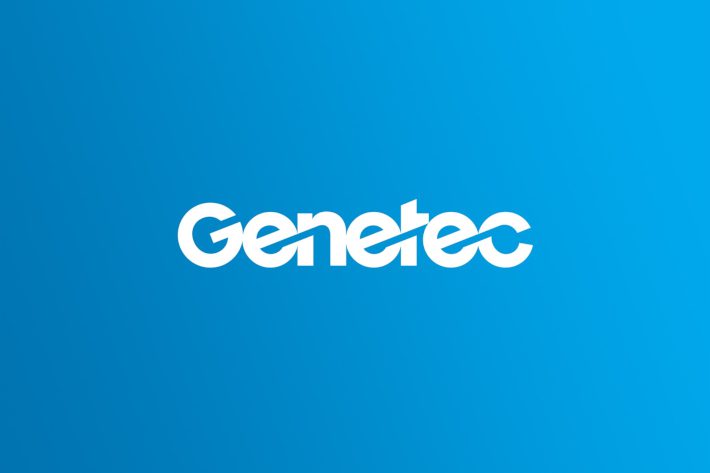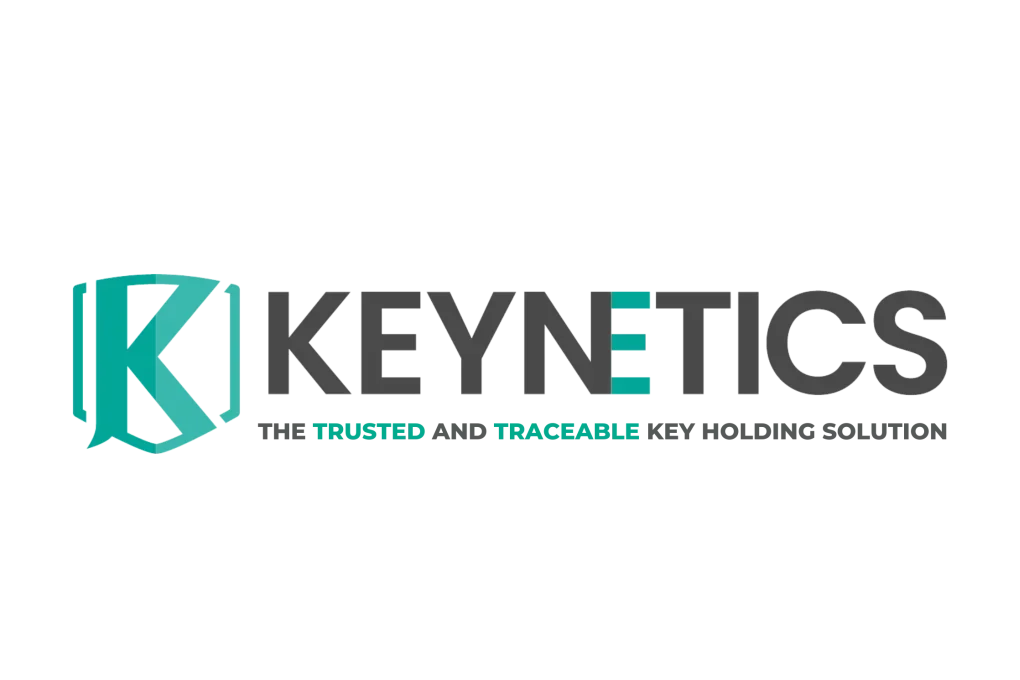Logosoft, manned guarding technology solutions provider, is enhancing its popular Vetting Manager software with a new eForms feature. This development throws a spotlight on just how important it is to vet potential employees in security roles, and how vital it is to get it right.
Logosoft’s Vetting Manager is a complete personnel screening system, which Logosoft say is “the de facto standard for manned guarding companies, dedicated risk management businesses and other organisations concerned with confirming the bona fides of applicants or employees”. This management tool also ensures that users are in compliance with standards such as BS7858 and, according to Logosoft Business Development Manager Brett Pittam, dramatically reduces the time and effort required for vetting and gives both management and end users unprecedented control of the pre-employment screening process.
![]() “Vetting Manager already dramatically improves the efficiency of the vetting process,” said Pittam, “but given the critical nature of getting this process right, and getting only the most suitable applicants into sensitive roles, we have looked at the system and improved it further. The new eForms feature was added to improve productivity, as one of the main tasks in vetting is creating and accurately recording references and other applicant information before you can even start. eForms allows the candidate to enter their own information and then makes it immediately available in Vetting Manager, thus reducing the whole process time and allowing recruiters to focus on the important task of verifying applicant information.”
“Vetting Manager already dramatically improves the efficiency of the vetting process,” said Pittam, “but given the critical nature of getting this process right, and getting only the most suitable applicants into sensitive roles, we have looked at the system and improved it further. The new eForms feature was added to improve productivity, as one of the main tasks in vetting is creating and accurately recording references and other applicant information before you can even start. eForms allows the candidate to enter their own information and then makes it immediately available in Vetting Manager, thus reducing the whole process time and allowing recruiters to focus on the important task of verifying applicant information.”
Vetting Manager is essentially a business optimisation tool, attempting to streamline what can be a trying process, by freeing time for recruiters to focus on assessing suitability, something the security industry knows is vital. Mike Hurst, Director of security recruitment firm HJA, explained in a recent interview with SecurityNewsDesk (available in full on SecurityNewsDesk.com by searching ‘Mike Hurst’) that ability does not equal suitability.
“Someone’s ability to do the job doesn’t necessarily make them suitable,” said Hurst, “In addition to the traditional questions of suitability and looking at career history, length of employment with previous companies, record of success, qualification etc. we now have to be more aware of the Insider Threat, which has come to the fore recent years. Is the potential employee honest or are they likely to steal from you or your customers? Are they secretly working for a competitor? Are they affiliated with terrorists or extremists out to damage or discredit you? Are your employees and customers safe with this person? My advice would be to carry out very thorough pre-employment screening.”
Thorough pre-employment screening is a time-consuming process that cannot be achieved with software alone. Logosoft’s Pittam is the first to highlight this.
“While our solutions can provide a range of useful tools, such as different sets of forms layered for different roles to capture relevant information for specific positions, they cannot replace the necessary human element. Thorough credential checking can only be done by admin staff undertaking the requisite checks, especially when remaining in compliance with standards like B7858 as physical documents to support claims must be seen and recorded.”
Also keen to spread the word and educate the industry on getting this process right is Robert Bruce, Director of recruitment consultancy Fire & Security Jobs. Following their drive at IFSEC 2014 to spread the word on the current skills shortage in the security industry, Bruce spoke to us about vetting and how Fire & Security Jobs ensures the best service for their clients.
“Employers need to be certain that prospective employees are of the highest calibre and integrity,” he said. “Screening gives you the confidence to make better-informed employment decisions based on facts and documented evidence. Fire & Security Jobs uses a third party screening agency service which highlights to our clients any prospective employees that have adverse information against them or where they may have embellished their CV.”
“The screening agency we utilise guarantees compliance with documented standards and quality management systems by ensuring that nothing can be overlooked,” Bruce added, “I don’t see any issues with using technology to streamline the process of screening.”
Bruce also elaborated on just what is involved in comprehensive pre-employment screening, wanting to emphasise just how much is involved. This includes:
- Verification of the last 3 years employment history
- Confirmation that all previous employers have been contacted
- Confirmation that all character referees have been contacted
- Where applicable, confirmation that schools/colleges have been contacted
- Confirmation that all dates of employment have been verified
- Responses to re-employment questions
- Details of the candidates suitability for the security industry
- Details of any problem areas that have been identified
ID verification, driving licence checks and Disclosure and Barring (DBS) checks also need to be carried out to verify the truthfulness of the candidate’s identity.
So there is a lot to check when you take on a new member of staff. Given the responsibility placed on the shoulders of anyone working within the security industry, can you really afford not to dedicate the appropriate time and resources to vetting? Solutions from companies like Logosoft and third party screening agencies are out there to help streamline the process, so why take the risk?












